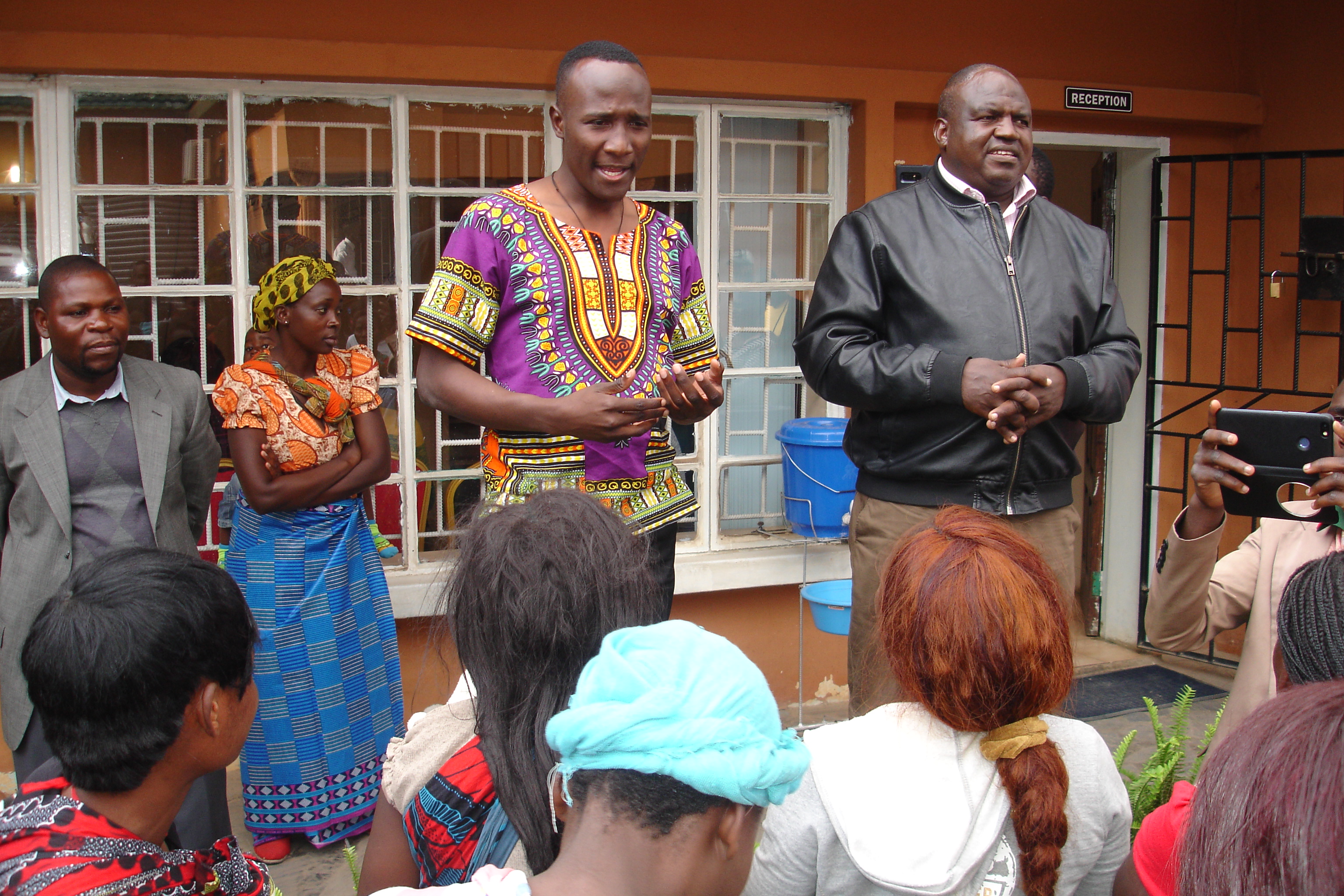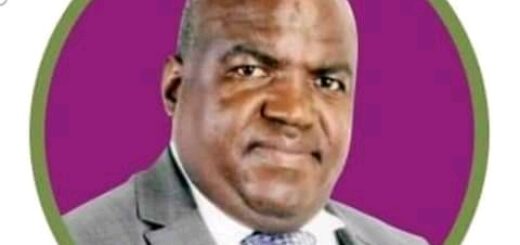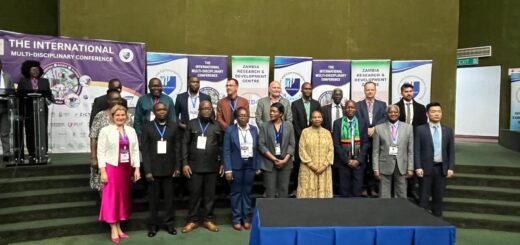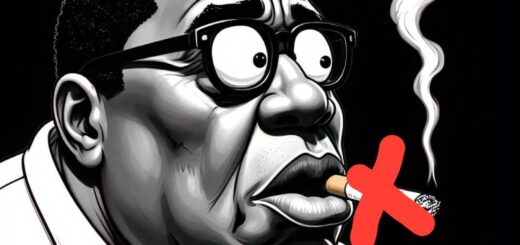Zambia must Expedite ‘Alcohol Policy’SAAPA, prods Philip Chaponda
Notice: Undefined index: catFilterList in /home/zambi/public_html/wp-content/plugins/wp-likes/api.php on line 243
By Patrick Soko
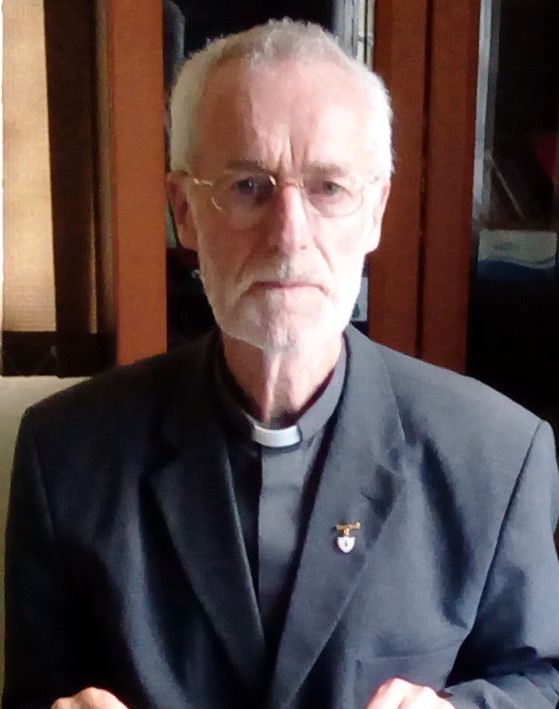
National Chaplain Father Charles Searson
THE Government has been reminded to expedite the formulation of

Southern Africa Alcohol Policy Alliance
the ‘Alcohol Policy’ in a bid to regulate its sale, consumption and ultimately reduce on its negative impact on health including other social and economic factors, by Southern Africa Alcohol Policy Alliance (SAAPA) Regional President Philip Chaponda.
During his 2017 address to Parliament President Edgar Chagwa Lungu expressed worry over the indiscriminate sale of alcoholic beverages in bus stations, markets and other public places, which Zambia’s Sixth Republican Head of State attributed to increased number of accidents, Gender Based Violence (GBV) and diseases.
A disheartened Mr. Chaponda urged Government to introduce an ‘Alcohol Levy’ in a bid to reduce alcohol abuse among citizens, as increasing the price of beer, would limit access.
“The World Health Organization (WHO) has provided clear guidelines on the need to increase taxation and reduce availability of the commodity,” advised Chaponda noting that proceeds of the levy can enable the Government carryout campaigns on responsible drinking and treatment of alcohol related diseases.
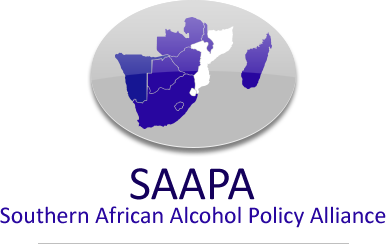
Southern Africa Alcohol Policy Alliance (SAAPA)
“For example, we do not expect the alcohol companies to champion responsible drinking, if the levy is place because it will allow authorities to carry out the campaign,” conceded Chaponda.
Regulating alcohol consumption is generally difficult to promote as substance abuse is addictive and difficult to stop but what can be done is to encourage responsible drinking.
In Lusaks’s Chawama Township, loud music or noise pollution starts blurring as early as 06:00 hours in the morning in bars and taverns defying the by-law which prohibits the opening of drinking places before the stipulated 10:00 hours.
As a result of this omission some people mostly adolescents drink from morning to sunset thereby leading to low productivity both at individual and national levels, The same can be said as a prevailing attitude in Lusaka’s seven Constituencies-Chawama, Kabwata, Kanyama, Lusaka Central Mandevu, Matero and Munali, as the local authority constantly fail to enforce by-law on business hours and patronage thus leading to indiscriminate underage drinking citing inadequate manpower.
But for someone who drinks like Thomas Tonga, who works for the Government, what does responsible drinking mean?
“When you cannot stand in a straight line for five (5) seconds, then you have had enough and of course as for me I only take four bottles,” said Mr. Tonga.
He told Rainbow News that drinking at least three (3) days in a week is healthy as opposed to on a daily basis stating that it is best for one to get a cab when going for a drinking spree to avoid drink-driving, which increases susceptibility to accidents.
However, statistics show that 95 percent of the people do not abide by this advice so hundreds of people continue to die from avoidable accidents hence Zindaba Soko, who heads the Road Transport and Safety Agency (RTSA) proposing criminalization of drink-driving.

ZNBC Sunday Interview anchor Grevazio Zulu with Transport and Communications Minister Brian Mushimba 4 February 2018
It is worth noting that with alcohol becoming more affordable in small bottled packages commonly known ‘Junta’, it is increasingly pretty difficult to control abuse.
Pioneer Pan African Congress (PAC) National Chaplain Father Charles Searson says formulation of the ‘Alcohol Policy must be expedited.
“The Alcohol Policy will bring sanity in the alcohol industry, looking the rate at which young people including women are abusing this commodity, productivity levels in Zambia will continue to decline” laments Father Searson.
However Rainbow News understands that achieving responsible drinking is not an easy undertaking thus the need to accommodate it adequate attention.
In the 2018 National Budget, worth K71.6 billion, the Zambian Government, through Finance Minister Felix Chipota Mutati has introduced ‘Exercise Duty’ at 125 percent on methylated spirits, denatured alcohol and undenatured alcohol and imposed registration of all importers of methylated spirit and denatured alcohol.
HIV PREVALENCE IN ZAMBIA DECLINED, FALLING BY 19 PERCENT BETWEEN 2003 AND 2015 HOWEVER, IT IS STILL RELATIVELY HIGH, WITH OFFICIAL FIGURE ESTIMATING IT AT 12.9 PERCENT IN 2015.
And Treatment Advocacy Literacy Camping (TALC) Country Coordinator Felix Mwanza responsible drinking contributes towards reduction in new HIV infections and increases adherence to treatment.

TALC Country Coordinator Felix Mwanza
The adopted pattern where both men and women drink recklessly has not been inspiring to children.
Dr. Chitalu Chilufya is the Minister of Health in Zambia and has a commitment to make grounded on responsible drinking.
“It is not good to excessively drink beer, and Government is leaving no stone unturned in a quest to reduce accidents and contraction of diseases,” said Dr. Chilufya.
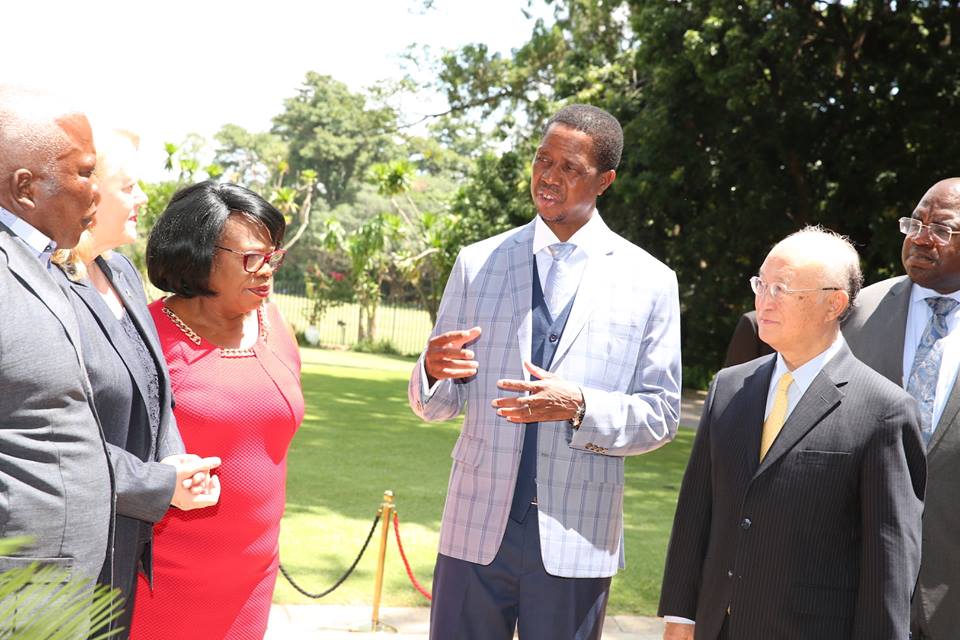
Freedom Sikazwe, Janet Rogan, Professor Nkandu Luo, President Lungu and Dr. Chitalu Chilufya
Some alcohol producing companies like the Zambia Breweries have started promoting a culture of responsible drinking but it is also true that changing a mindset among die-hard addicts is a herculean task requiring all stakeholders input as one finger cannot pick lice.



